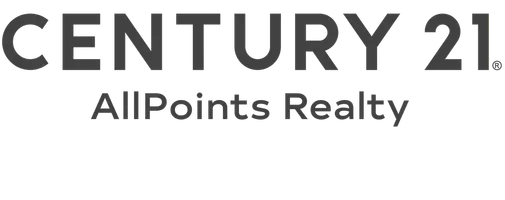The Dangers of Over-Improving
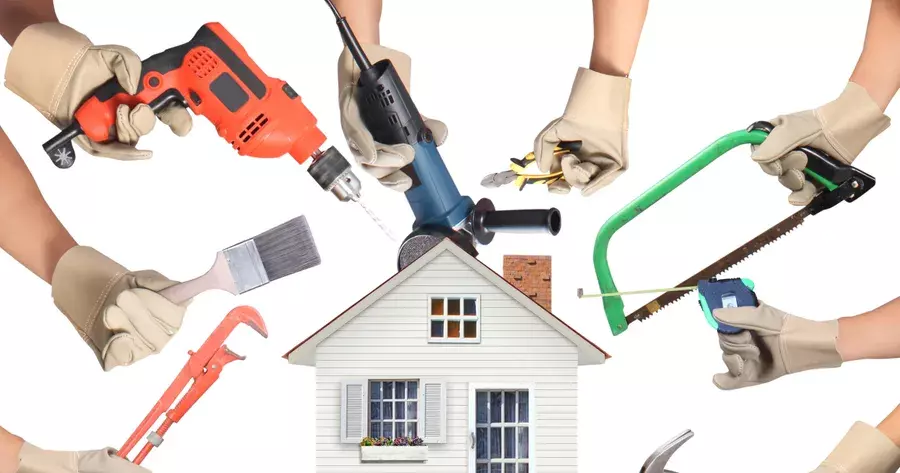
It's one thing to hope your house is the nicest on the block, it's another thing entirely to own the nicest home on the block. The latter isn't what you should aim for when preparing the home to sell.
Sounds crazy, doesn't it?
Not when you know how the market value of a home is determined. In a nutshell, your home is worth what a buyer is willing to pay for it.
The reality is that if you make improvements to the home that bring the value to more than the neighborhood average, your home might not sell. Who wants to pay $600,000 for a home in a neighborhood of $300,000 homes? If the improvements you want to make are for your own use, and you plan on staying in the home for the long run, then go for it. On the other hand, if you're hoping to improve your home's value, be careful.
There are several ways to figure out what your home is worth in today's real estate market. The most reliable is with a professional appraisal (average cost $500 ).
The least effective way is to use online automated home valuation calculators or home estimate websites. These sites use automated valuation models (AVM), which are incapable of knowing if a home is located on a busy road or if it sits on an irregularly-shaped lot, both of which impact a home's value. Methods like this can miss the mark by 20%, a whopping 82.5% of the time.
Realtors can also give you an estimate of your home's current market value which will be based on the same type of research performed by appraisers. It's known as a Comparative Market Analysis, or CMA for short.
Once you're clear on your home's present value, you're better able to determine which improvements will give you the best return on your dollar and which might put you over the top when it comes time to sell.
Categories
- All Blogs 342
- 55+ Communities 9
- Boating Communities 9
- First Time Home Buyer 112
- Florida Lifestyle 67
- Foreclosures 2
- Fun Things to do in Lee County, Florida 37
- Golf Communities 23
- Home Buyer Tips 127
- Home Seller Tips 103
- Homeowner Tips 61
- Mortgage Tips 38
- Neighborhoods 63
- Schools 3
- Title & Escrow 3
- Title Insurance 4
Recent Posts
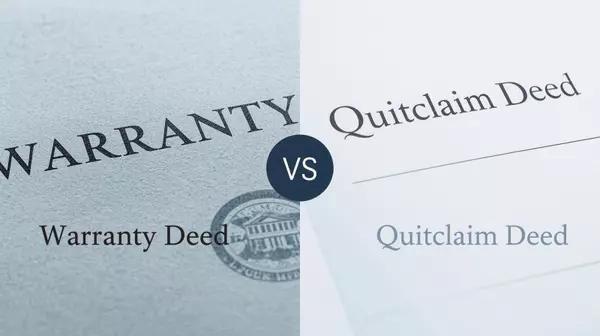
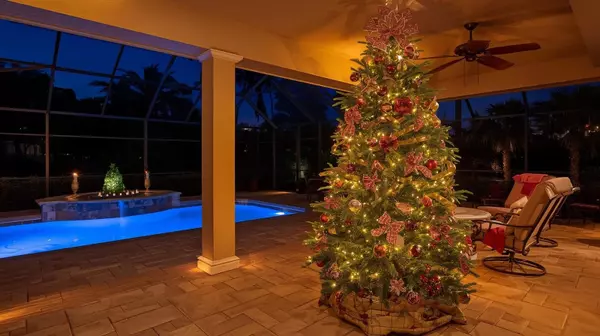
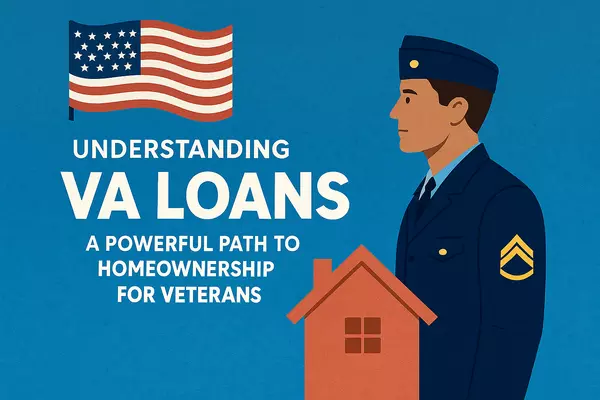
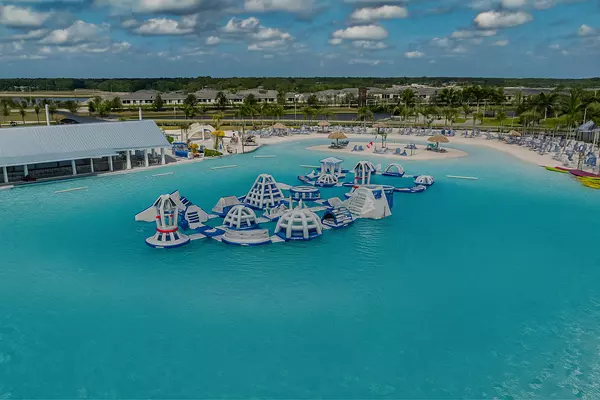
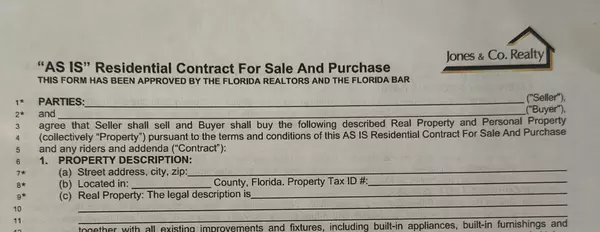

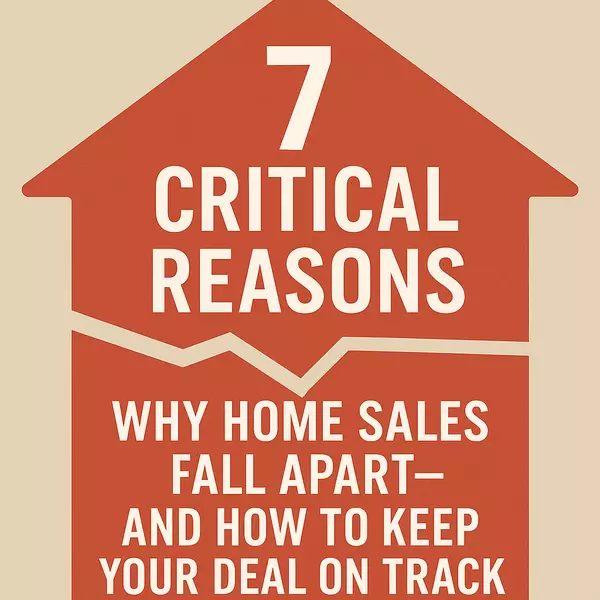

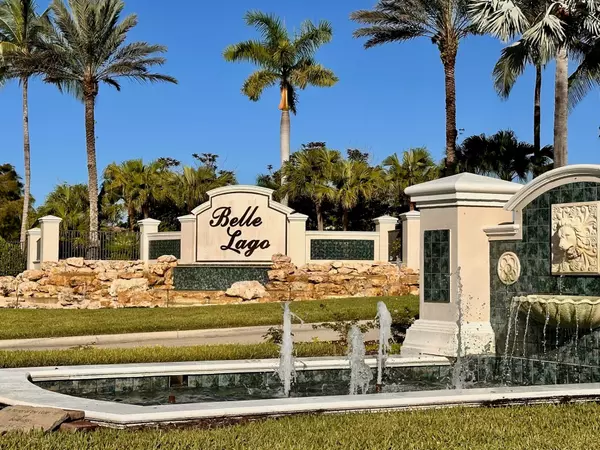
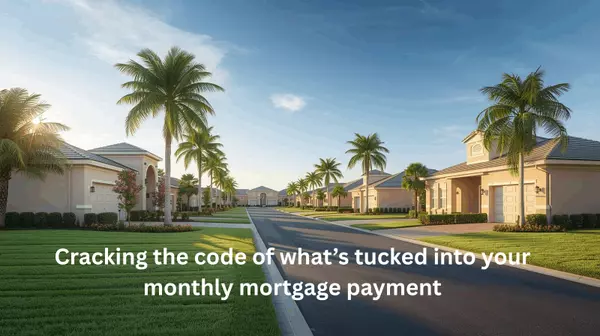
GET MORE INFORMATION

Billee Silva, PA, ABR SRS
Licensed Realtor | License ID: P3275278
Licensed Realtor License ID: P3275278
